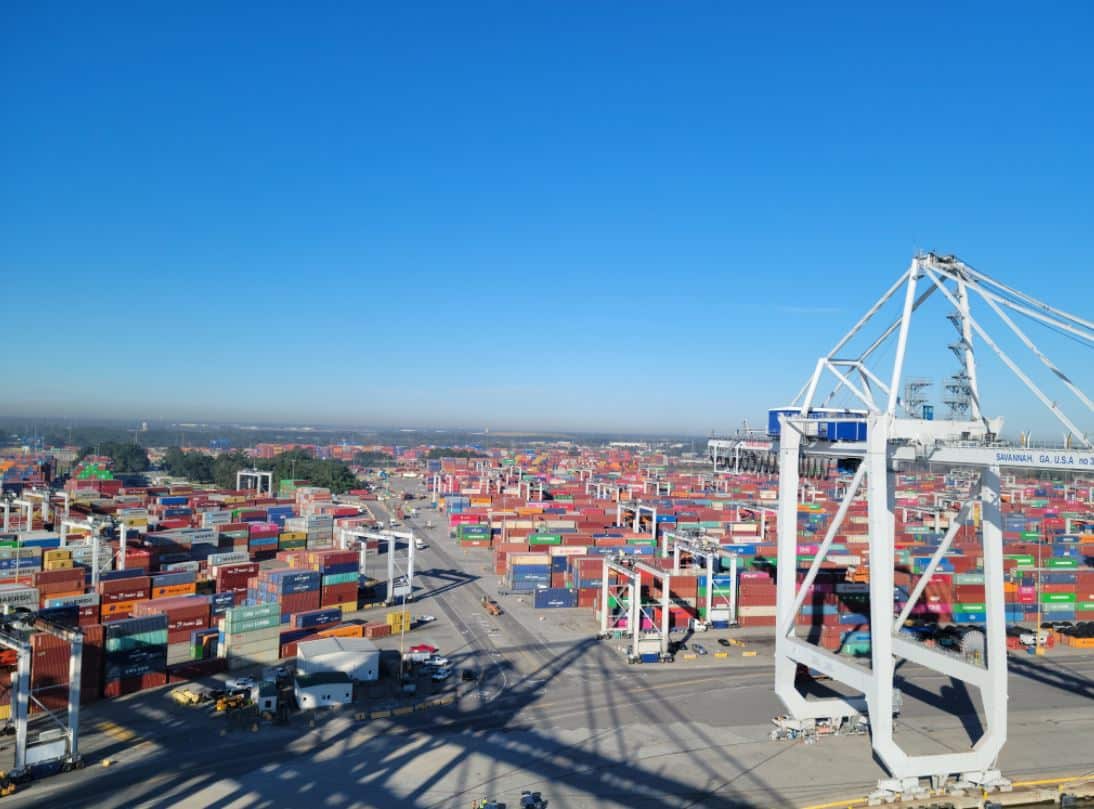How a Brewing E-Commerce Fight in Congress Will Impact Buyers and Sellers Online
COMMENTARY

A longstanding trade provision that provides relief for small-to-medium–sized businesses is under threat in Congress.
For nearly 100 years, a trade provision known as ‘de minimis’ has been quietly, steadily saving small businesses thousands of dollars every year while providing more affordable, innovative goods for American consumers.
De minimis allows shipments valued under $800 to enter the United States without taxes or duties. It’s a tax break, inflation reducer and supply chain expediter wrapped into one. It’s how products like phone chargers, HDMI cables, farm equipment, processors, masks, mugs, houseware and millions of other items arrive at your doorstep quickly and affordably.
The average consumer can be forgiven if de minimis is as foreign to them as the name sounds. But the pandemic gave us all a taste of just how important it is to trade facilitation. As FedEx Vice President Cindy Allen recently told the Senate Finance Committee, when large-scale shipping froze, de minimis played a major role in ensuring small businesses could deliver for the American consumer. It still does today.
American businesses are more familiar with de minimis because it provides tax relief to 33 million of them. These small business owners are more likely to ship their products in small batches and have fewer resources to expend on administrative fees. They use de minimis for component parts for items they then sell at home or across the globe. Faced with tight margins, saving on shipping costs is often make or break for these businesses.
For example, many of America’s tech businesses depend on de minimis to import their product prototypes. Whether it’s a video conferencing platform or music technology company, de minimis helps businesses with cutting-edge technology bring ideas to life in an incredibly competitive market. Thousands of companies — large and small — across the country bring their prototypes back to the U.S. for manufacturing. De minimis drastically reduces their time to market, supporting the next generation of manufacturing and associated U.S. jobs.
Rolling back de minimis would not only stifle innovation, it would also burden small businesses with more administrative costs that undoubtedly would carry over to the consumer. Without de minimis, a $50 item a small business imports could see a merchandise processing fee of $27.23 and a brokerage fee of $20.00, soaring the total to $97.23. According to the Centre for Economic Policy Research, the de minimis threshold significantly benefits low-income households, and African American and Hispanic families in particular.
Critics of de minimis like to refer to it as a “trade loophole.” It’s not. It is a tax break that is very much intentional. In 2016, Congress very publicly came together and not only reaffirmed but raised the de minimis threshold from $200 to $800 through the deeply bipartisan Trade Facilitation and Trade Enforcement Act.
Another common criticism is a supposed lack of ability for U.S. Customs and Border Protection officials to police de minimis shipments. However, CBP has confirmed that low-value shipments are inspected the same way as larger shipments — which are subject to screening and review by over 50 federal agencies enforcing over 500 U.S. laws. What’s more, large volumes of de minimis shipments entering the U.S. arrive via express carriers that provide extensive information for government agencies to use when targeting inspection and enforcement resources — a practice that dates back to the 1980s.
That’s not to say, like all customs procedures, de minimis couldn’t use some smart updates towards modernization, particularly at a time when we need to redouble efforts to combat forced labor, fentanyl and counterfeit goods from reaching our shores.
Thankfully, lawmakers don’t need to choose between the economic benefits of de minimis and more effective security measures for imports. Through better information-sharing practices and the use of technology to promote smarter enforcement, Congress can improve CBP capabilities to scale effective actions and identify gaps. In addition, members of Congress should work together to leverage artificial intelligence, machine learning and other emerging technologies that provide scalable solutions to address the increased volume and scope of goods arriving in the United States. Many businesses are already using this technology that would revolutionize enforcement across the country.
At a time when our nation’s small businesses are shouldering the pressures of inflation and a slowly recovering supply chain, they cannot afford to be burdened again through the elimination or reduction of de minimis. Congress should instead focus on finding ways to support smarter trade policies and reward American innovation and our economy’s most dynamic entrepreneurs, particularly in sectors that have been identified as critical to our national economic security.
Avi Rosenthal leads the Consumer Technology Association’s trade working group and is currently the managing partner of Bluesalve Partners, a full-service consumer products and connected device firm. He has been in the connected device industry for over 25 years. Rosenthal can be reached via LinkedIn.
























